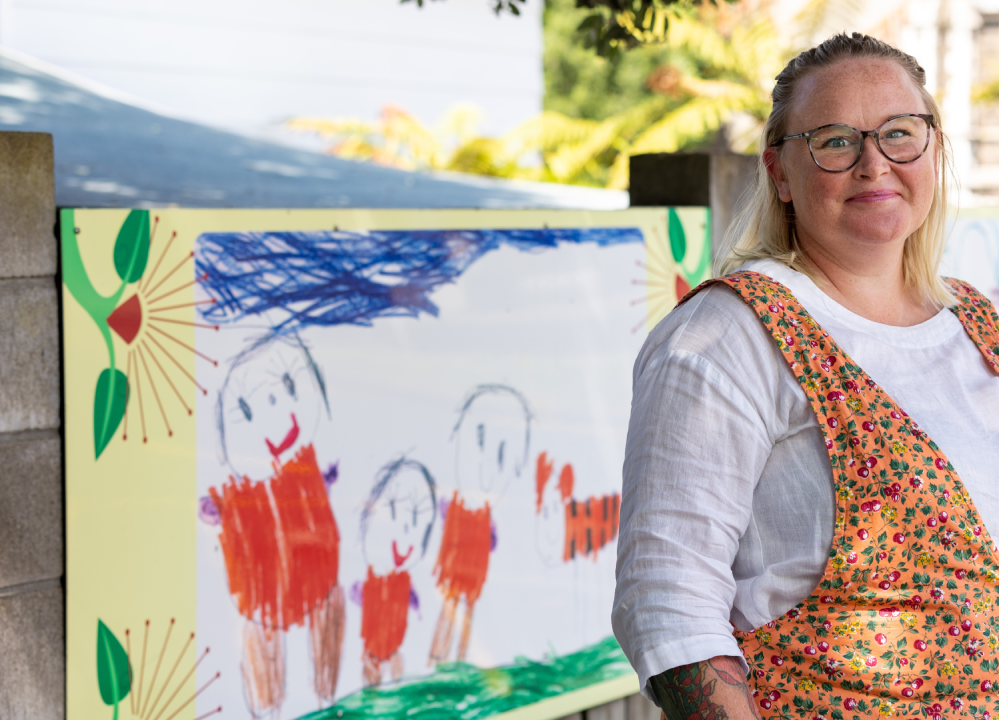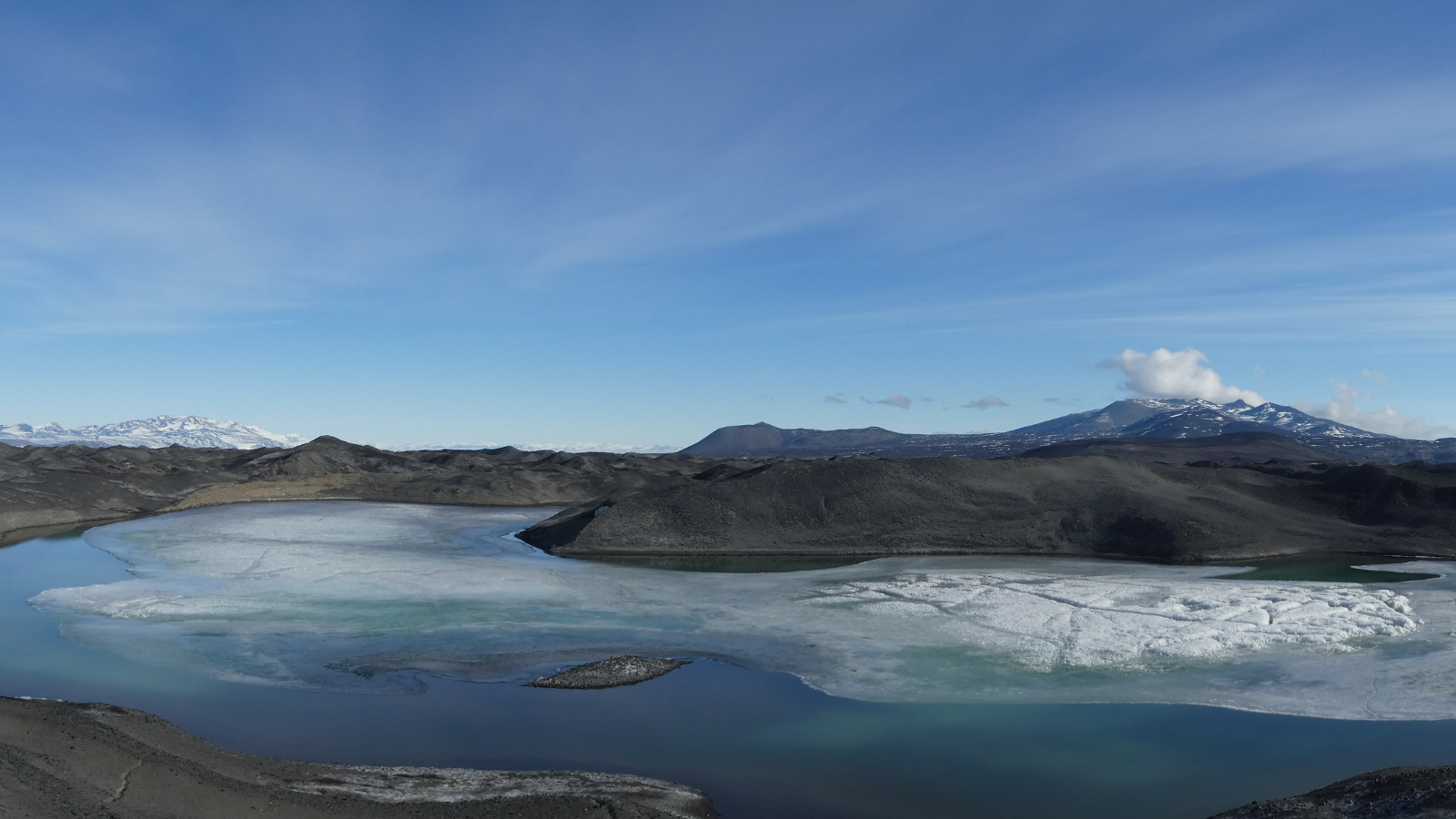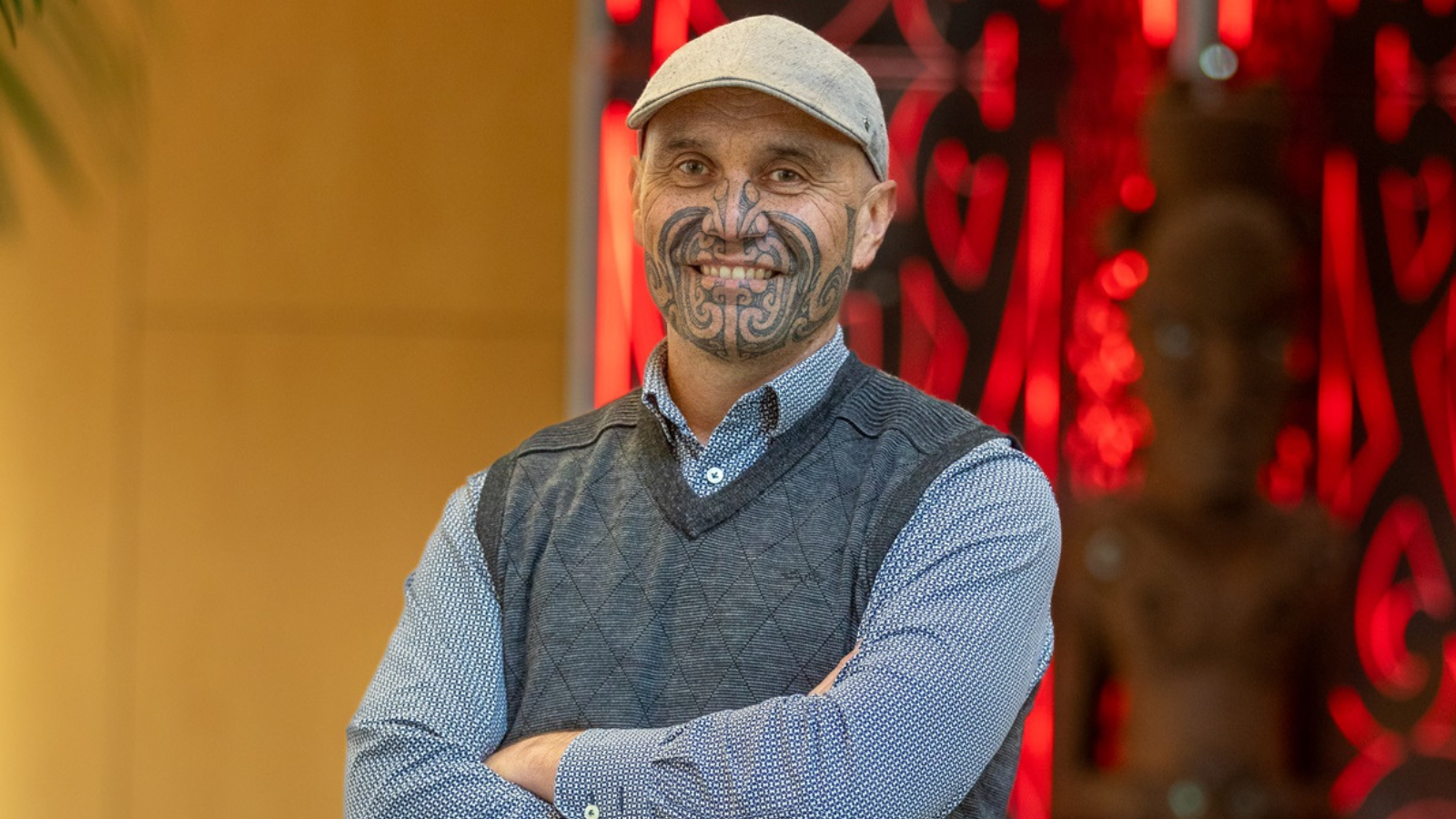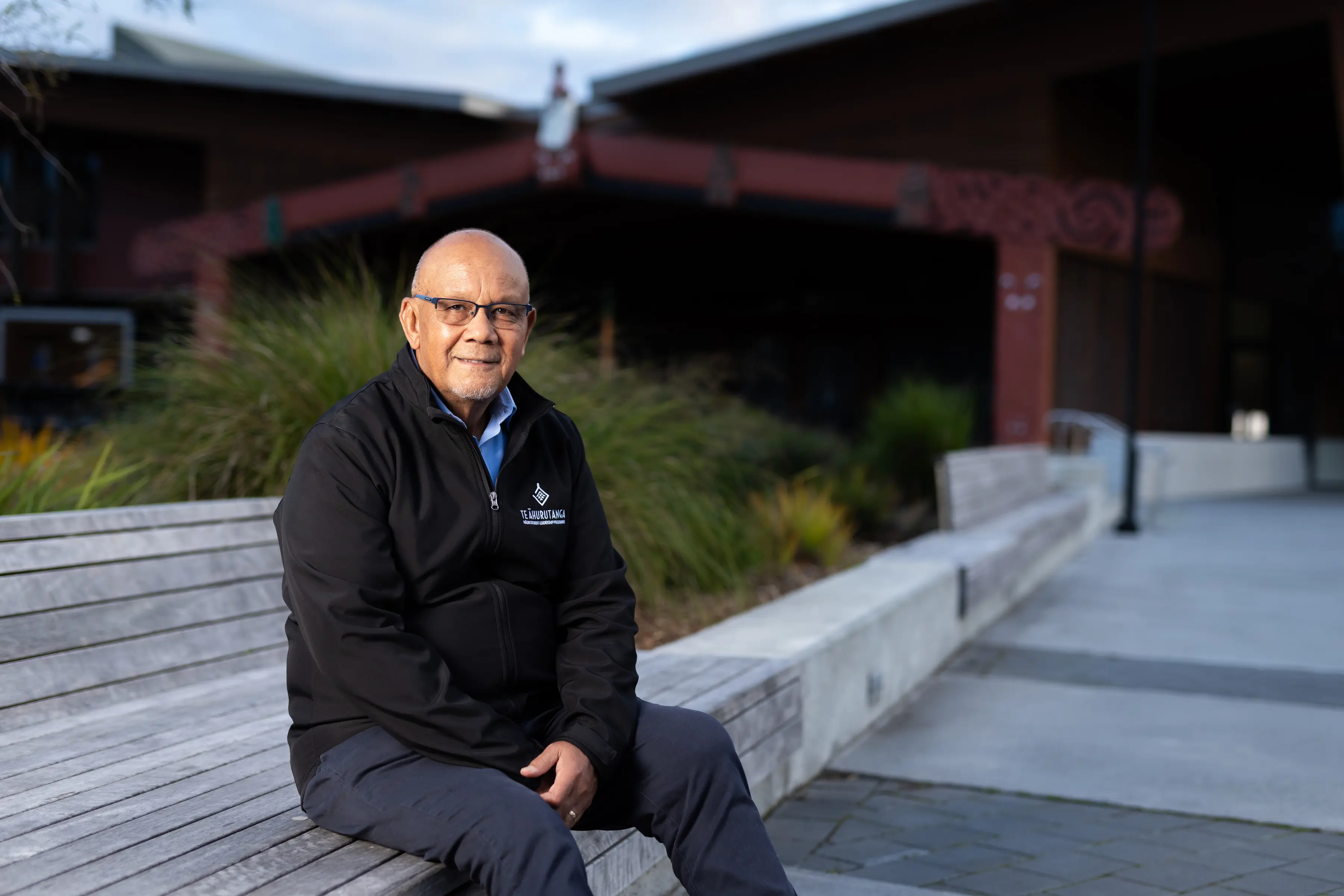Mark started with the big logistics company 26 years ago as a sales rep (and first-day forklift driver) and has since been involved in every aspect of the business. Think sales management, brand development, managing operational units, mergers and acquisitions, developing emerging businesses and corporate oversight for a business that employs 4000 staff in New Zealand and 1000 in Australia.
Freightways is the parent company for several express courier companies including New Zealand Couriers and Post Haste, plus Big Chill Distribution, DX mail, Dataprint, and the company is also involved in secure document destruction and medical waste, all backed up with specialised internal service providers.
Mark was appointed CEO in 2018. He was getting comfortable in the job when Covid-19 hit. Freightways had to think fast and make swift changes. “We lost 65% of our business-to-business volume overnight in lockdown,” Mark says, “but when we went to level three our business-to-consumer service skyrocketed as people did much of their shopping online. Our document-based businesses (destruction and archiving) dropped with a bang as people worked from home, but suddenly the need for medical waste disposal went through the roof, in Australia in particular, so we repurposed our trucks, trained our staff and leapt into the fray. What was a $3 million business has grown to $20 million in just a few short years.”
And they started an international airline. The business has four 737s it usually uses to move freight overnight throughout New Zealand, but with very little freight to move during Covid, and with Air NZ almost at a standstill, the company made the decision to pick up the slack and go international. That might sound easy, but it definitely took some pretty complex organising, Mark says. Once done, Freightways was moving goods, especially perishables for overseas markets out of New Zealand and bringing in items such as pharmaceuticals and PPE gear.
When he left Rotorua Boys’ High School for university in the big smoke of Hamilton, Mark says he didn’t have a career in mind. He planned to major in accounting but after a year knew he’d rather do something else and switched to marketing. But he did carry on doing accounting papers. “In my fourth year I took Accounting Theory, taken by [Professor] Howard Davey. He made what seemed dry sound interesting, and I often think if I’d done that paper in my first year I might have stuck with accounting,” he says.
In his first year Mark lived in Orchard Park – the then new student flats on Silverdale Road – “with Clark, Chris and Merrin”, and his student warden was a young Todd Muller. Mark liked the environment at Waikato, found it friendly, down to earth and relaxed, and he got to play a lot of rugby, which was a plus.
He says university taught him to think issues through and analyse them; to face problems and deal with them. “I took two psychology papers as electives at university and I have to say my psychology text book is the one text book I still refer to if I want to understand why people are behaving a certain way.”
Economics sticks in his mind too. “One of the best lectures I recall was former finance minister in the fourth Labour government, Roger Douglas, who’d implemented major economic reforms that became known as Rogernomics. He came to a two-hour lecture and we were able to ask him anything we wanted. Today we are dealing with economics all the time – simple but salient concepts such as elasticity of price, supply and demand.”
Mark says Freightways is always looking ahead. It has a ‘Startery’ team dedicated to finding new opportunities, “but killing more than we keep, and actively investing in and developing three out of 30 new ideas”.
The business has a strategy of Three Horizons of growth. “Our Australian waste renewal business provides a good example of this; the first horizon – document destruction is mature – we know people are using less paper in offices and more people are working from home), so it’s not fast growing. In the second horizon (medical waste collections) we look to leverage the same infrastructure to grow a new revenue stream before paper declines. The third horizon is embryonic, looking ahead 10 to 15 years at high-value recycling and the opportunities for a longer-term revenue stream. Essentially our capabilities are to pick up product, process it – shred it, sort it, grade it – and deliver it as feedstock or as a final recycled product.”
Freightways is also researching textile recycling in Australia, investigating uses for items from e-waste, and has already found a way to recycle coffee cups.
Back in New Zealand, Freightways recently invested in a Hamilton-based business called SaveBoard, which is developing a low-carbon alternative to gib board, using recycled materials and without using water, glues, chemicals or formaldehydes in the upcycling process. Mark says it made sense to invest in the business as Freightways strengthens it focus on feeding into the circular economy, which the Government has identified as a key driver for creating a low-emission, climate-resilient future.
Oh, and if you’re wondering how to say Mark’s surname, it’s Trow-hear.



